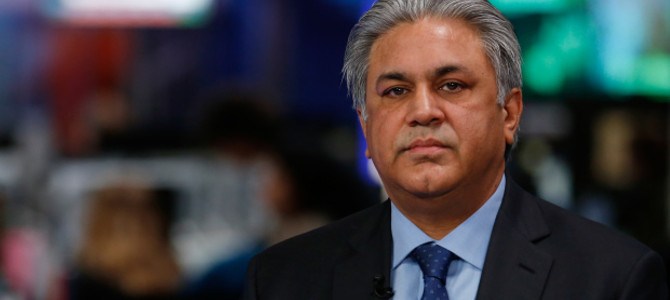A United Arab Emirates (UAE) court on Sunday dismissed a criminal case against the head of the embattled Abraaj private equity group over bounced cheques for millions of dollars, lawyers said.
But the lawyers disagreed over whether an-out-of court deal amounted to an interim or permanent settlement.
“The case has ended. The court today issued a ruling dropping the criminal case” against Abraaj founder and defendant Arif Naqvi, defence lawyer Habib-al-Mulla told AFP.
The case centres on bounced cheques issued by Abraaj to UAE businessman Hamid Jaafar and the failure to repay Jaafar a $300 million loan.
A lawyer representing Jaafar confirmed the court had dismissed the criminal case, but said the parties had only reached an interim settlement.
“A final settlement has not been reached,” Essam al Tamimi told AFP in a text message.
The court in Sharjah, one of seven emirates in the UAE, had already delayed its ruling twice to allow time for a settlement.
Mulla said the settlement involves the full loan of $300 million.
Details of the deal and repayment procedures were not immediately available.
“This is a commercial issue and should have been dealt with on a commercial basis,” Mulla said.
The public prosecutor had issued an arrest warrant for Naqvi ─ who set up Abraaj in 2002 and saw the firm grow into the region’s largest private equity group ─ but he is outside the UAE.
Abraaj had nearly $14 billion of assets under management before allegations of misuse of funds provoked a scramble by investors to recover their money.
A court in the Cayman Islands ─ where Abraaj is registered ─ appointed liquidators to oversee an “orderly restructuring” of the group last month.
Four key investors in a $1bn healthcare fund managed by Abraaj, including Bill and Melinda Gates and a World Bank affiliate, have demanded an inquiry into the alleged misuse of money.
The company has categorically denied wrongdoing.




